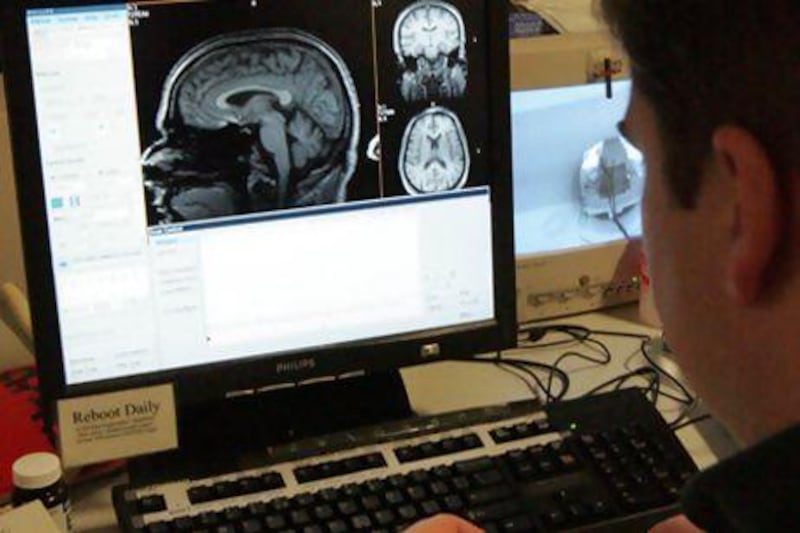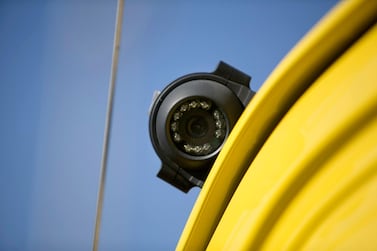Investigators have long desired the capability to delve deep inside a criminal's mind to help crack cases.
Dubai Police are aiming to turn that fantasy into fact, using an advanced crime-fighting tool widely referred to as 'brain fingerprinting'.
In essence, it uses a suspect's own brain as a key witness in solving a crime – putting neuroscience at the heart of the law enforcement battle of the 21st century.
Dubai Police carried out a year of trials on the "Memory Print" technique before putting it to use to aid investigations.
The tool has been the source of much discussion for years.
Typically, a person accused of a crime is fitted with a skullcap with a set of electrodes, which detects their brain activity while they listen to statements associated with the crime.
The tests seek out a particular electric signal linked to the brain, called the P300, which becomes larger when a person receives visual or verbal cues regarding things such as an object, a location or a person.
Or a murder weapon, crime scene or victim.
"A person's memory stores actions, images, and daily life happenings," said Lt Col Mohammad Al Hammadi, director of criminology for Dubai Police.
“And as brainwaves get stimulated when the person looks at familiar objects, we can identify how much he knows about them using a device called the P300 wave.
“The device detects the increased rate of brainwaves when the suspect starts remembering the details of the crime while looking at the images or tools used in it."
It is not yet clear if confessions gained with the support of brain scanning would be admissible as part of a court case in Dubai.
However, the technology has been used by police in India since 2003.
In 2008, a business student was jailed for life for poisoning his former fiance with sweets laced with arsenic.
The judge explained during sentencing that a brain scan carried out on the defendant demonstrated he had knowledge of arsenic and the method of the murder.
Dubai Police said they have already utilised the technology to piece together the puzzle of a murder in the emirate.
Research into brainwave analysis is still ongoing.
The University of Canterbury in New Zealand has worked for a number of years to attempt to validate the technology.
The project, funded by the New Zealand Law Foundation, involved two experiments involving 30 student volunteers and 15 sentenced prisoners who were tested on scenarios that took place on the university campus.
The cutting-edge technique was pioneered by American neuroscientist Lawrence Farwell.
His work has previously landed him on a Time Magazine list of influential innovators and even saw him and his technology play a role in the second season of Netflix hit, Making of a Murderer.








